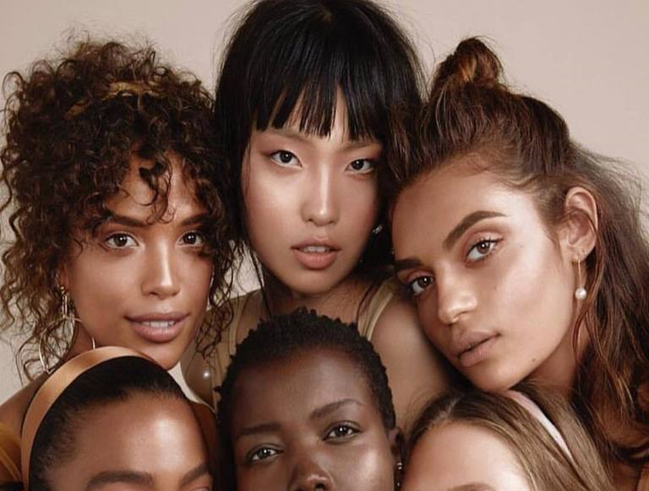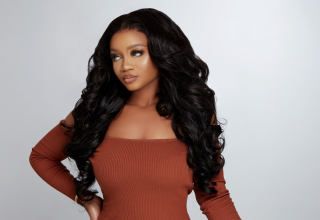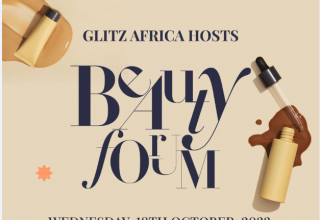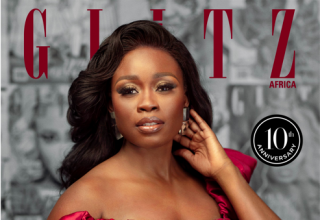
For decades, the beauty industry has depicted one ideal of beauty, whether it is blonde hair with blue eyes and with an unrealistic body ratio. I have pretty much described Barbie! Being different was not considered as the norm unfortunately for some of us we grew up believing the false ideology of beauty only comes in one way. I personally believe one of the most beautiful things about women is we all come in different shapes, sizes, variety of hues and skin tones you name it. Why can’t something as diverse as this always be represented in the beauty industry.
Of late, there has been a number of positive changes in the industry which is celebrating diversity and inviting inclusion, there has been a shift. Faces and body shapes that do not celebrate what was once considered as the ideal beauty. The industry is starting to comprehend not every woman strives to look like the model in the Harper’s Bazaar magazine or not desiring to resemble a waif like supermodel. Let’s take a look at plus size models, a plethora of fashion online brands have made transformative changes and have created a space for women that are fuller figured. Online stores such as Boohoo, ASOS and Missguided and many others are catering for an idealistic body shape of today.
Although there has been a change, some have argued there is still a lack of plus sized mannequins as stores such as Topshop have come under fire for using ultra skinny mannequins which can be a cause for concern. I recently read in the NY post an article by Alexandra Walman who is the co-founder of Universal standard a ‘clothing company for realistic body sizes’. Walman commented, “the first thing you see when you go to a store is the mannequin. Seeing a mannequin who like you means that these clothes aren’t just for skinny women. It’s all part of a move in the industry towards inclusion”.
I remember watching America’s next top model as a teenager and seeing this beautiful Black model known as Toccara Jones, Toccara broke the mould. She was confident, vivacious and extremely pretty. The difference between her and the other models was the fact Toccara was bigger. She was considered as different and she paved the way for many other plus sized models of today such as Ashley Graham and Kate Upton. It has been known that Ashley Graham has encouraged photographers to ditch the photoshop and encourage women to love their bodies and flaws. She once famously said “everyday if you tell yourself I love you and if you give yourself validation it will change your mind”.
The beauty industry became fascinated with this delicate term of otherness. Even though that is all well and good we cannot dispute darker skinned individuals are not always celebrated as lighter skinned individuals. For years, light skin has dominated our screens and beauty publications all around the world. Such as Asia’s obsession with lighter skin features, you constantly see this in Bollywood with the light skinned Asian woman with hazel eyed contacts that could easily pass off as a Caucasian woman. A couple of months ago Matthew Knowles (Beyoncé’s father) made a rather brutal and hard-hitting comment that opened wounds of colourism in the industry. He boldly said, “Beyoncé would not have been the star that she is today if she was darker skinned”.
Imagine a young impressionable darker skinned girl hearing this comment which may make them feel they are not good enough and do not fit the criteria of beauty. There may be some truth in Matthew Knowles comment as we constantly see lighter skinned musicians such as Rihanna and Nicki Minaj collaborate with major beauty brands such as MAC. Colourism in the Black community is still rife and often controversial. 2018 things do seem to be getting better with darker skinned females such as Lupita Nyong’o being featured and the face of global beauty campaigns, her exotic features accompanied with that rich mahogany complexion took the world by storm. Seeing her on a Lancôme advert represented Black women that you could see every day and not one ideal. Models such as Khoudia Diop and Leomie Anderson have all dispelled the myth that dark skinned women cannot be appealing in beauty publications.

I speak to women who are all completely different from each other and they discuss why diversity matters so much in the beauty industry.
Olakemi, Plus Size Model

What would you change about the beauty industry?
Quite simply, I would continue to change what we see and therefore are able to connect with.
I think there is a strong link between beauty standards, fashion, advertising and the body positive movement and the stereotypes that are in turn created by them.
We all know how powerful imagery is (i.e. advertising), what you see, what’s in the spotlight. It can actually help dictate how many women and even men see themselves when it comes to beauty, and what are seen as the “standards”.
This is partly what steered me towards starting my campaign ‘Plus Is Diverse’. Standing for racial representation among plus size women in the beauty industry. Portrayed through film, imagery beauty and fashion. Racial representation matters! Everyone deserves to embrace his or her type of beauty. I believe it is actually beneficial to be able to see someone who you can somewhat relate and identify with. Someone who is also learning to embrace themselves and be confident with who they are. It starts off a domino effect. This I believe is important for the beauty industry.
Kennedy, Student

Growing up, did you see women similar to yourself in the beauty industry, if not how did you feel?
Growing up I did not see women in the industry that looked like me at all. I felt like an outcast because as a child there was no one I can really look up to. Yes, there were women of colour being represented but I’m a woman of colour with vitiligo. There wasn’t much of that growing up. But I’m proud to say that vitiligo is becoming big in the beauty industry now as I get older.
Wande, Content Creator

Growing up, did you see women similar to yourself in the beauty industry, if not how did you feel?
Growing up, I didn’t see myself represented in the beauty industry. It was quite disheartening to see and felt that I had no place in the world. This lead to me bleaching my skin to feel represented and accepted, and seemingly have a “better life”.
In this current time, do you feel represented or underrepresented in the beauty industry?
In this current time, I feel that it’s begun to get better, from foundations shades that actually matches my skin tone and doesn’t make me look casket ready
to see people that look like me on the front cover of magazines. (Thanks Serena Williams). Let’s not forget the all Black big production movie but made billions (Wakanda Forever). We’ve definitely come a long way, but there are still some barriers and mentalities to be dismantled.
Written by: Lawrencia Amfo-Asiedu
https://crownoflaurelsdot.wordpress.com/2018/07/26/why-diversity-in-the-beauty-industry-matters/






